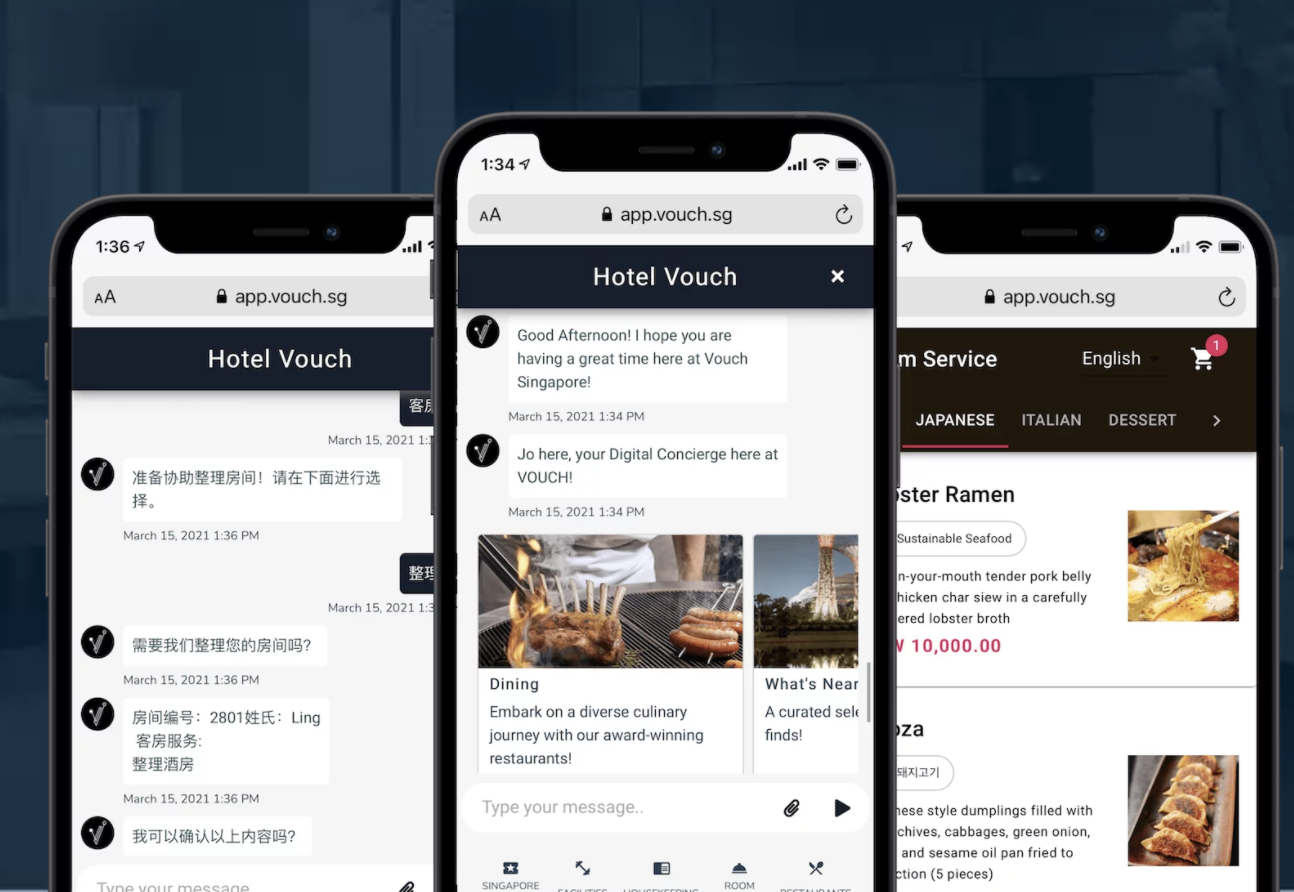Hospitality Industry in Asia Seeks Automation for Sustainable Business Development
Experts predict that the hospitality and tourism industry will not be fully recovered by 2024. It is critical for the travel sector to approach a long-term strategy to enhance business sustainability and development.
The Chinese tech giant Baidu last year unveiled its latest conversational artificial intelligence (AI) system DuerOS 6.0, which claimed to be the most active and popular conversational AI system in the Chinese market. It aspires to expand its smart-living services into more applications and scenarios, as well as tailoring the functions of DuerOS products to accommodate a wide range of sectors’ needs. At the moment, Baidu collaborates with hotel chains including InterContinental and offers its smart application Xiaodu Smart Display X8 (Hotel Version), a built-in AI model with self-learning system that allows guests in hotels to control devices with voice instructions for more convenient access to the room’s functions. This service has covered 100, 000 hotel rooms in China and is ranked first in the industry.
Source : Vouch SG
On the other hand, a popular tech start-up Vouch in Singapore helps hotels to create a digital experience for guests by providing hotels a chat-based digital concierge operated by AI. Hotels which use Vouch app-less platform would allow guests to manage pre-arrival communications, health declaration, housekeeping request, facilities booking etc 24/7. Having more than 15% of market share in Singapore, Vouch’s current partnered hotels include Holiday Inn Singapore Atrium, Pan Pacific Singapore and more. The business plans to integrate its services into other countries in Asia like South Korea and Japan and in Europe eventually.
While the adoption of automation technology in Asia’s hospitality industry has become a key trend leading the hotel businesses at the front of sustainability, it is noticed that the cost of AI operation could be a burden to the hotel operators if the technology is mismatched with the hotels’ resources and needs. For example, a lack of staff training to understand how to work effectively with the hospitality high-tech, or hotels may have neglected the real needs of the guests who are staying. There is also an underlying threat of automation substituting the human staff in the industry or replacing the hospitality jobs. Therefore, when embracing innovation technology in a sustainable hospitality model, it is not only about selecting the most advanced technology to improve customer experiences in hotels but also about considering the overall business operation and human resources of the hotels. The adoption of automation and technology plays an important role in staff development. Matching the adequate technology with the hospitality employees can boost their working efficiency, upskill staff’s talents, and hence provide a more professional and pleasant service to the guests.
Please subscribe to our newsletter if you want to know more about Asian marketing. Leave your comments below to share your thought with us, and check out our thoughts on social media!


